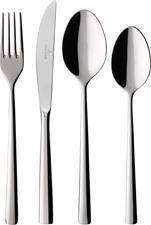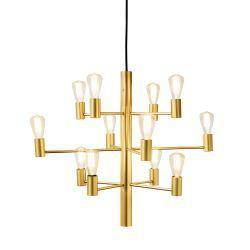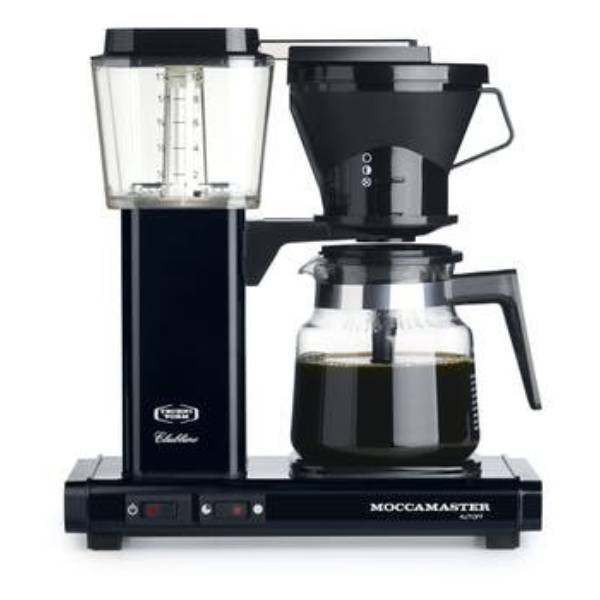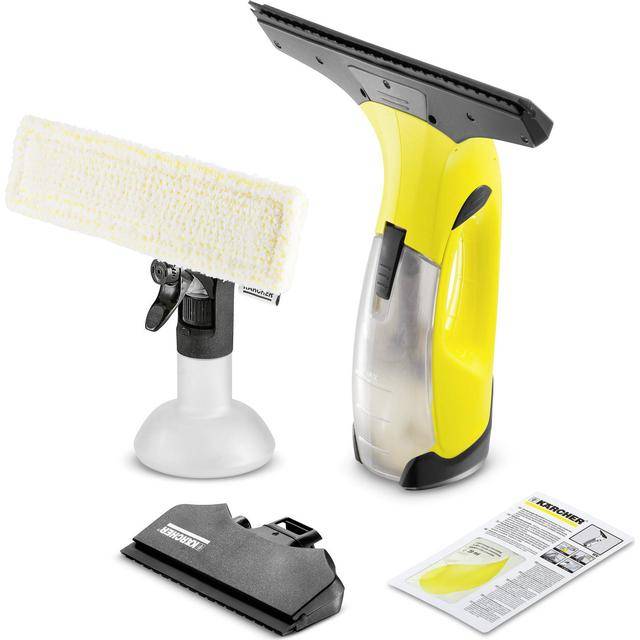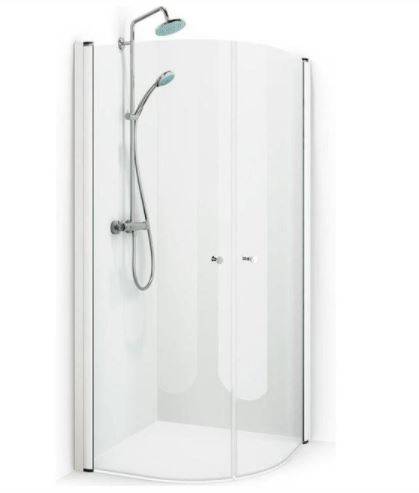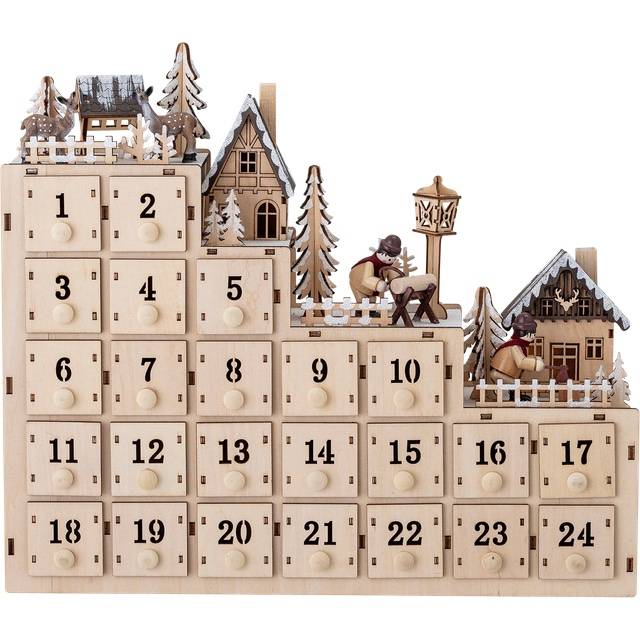Blenders
Blowtorches
Breadmakers
Coffee Grinders
Coffee Makers
Deep fryers & Airfryers
Food Cookers
Food Dehydrators
Food Mixers & Food Processors
Hand Blenders
Hand Mixers
Ice Cream Makers
Ice Makers
Juicers
Kettles
Kitchen Scales
Meat Slicers
Mincers
Mini Choppers & Spiralisers
Other Kitchen Appliances
Pasta Makers
Popcorn Makers
Sandwich Toasters
Soft Drink Makers
Toasters
Vacuum Sealers
Waffle Makers
ALR/CLR Screen Projector Screens
Try flexible payments withLearn how
31 products

DELUXX DayVision ALR Cinema High Contrast Screen Tension II (16:9 126" Electric)
Electric, 126 "
FAQ
Projector screens are surfaces designed to display projected images. They enhance image quality by providing a smooth, reflective surface. When choosing one, consider the size of your room, the type of projector you have, and your viewing preferences. Options include fixed, portable, and motorized screens.
Projector screens are sized based on your room dimensions and seating distance. A good rule is to have the screen width about one-third the distance from the screen to the farthest seat. Consider both the aspect ratio and resolution of your projector when selecting a size.
Projector screens are available in several types: fixed-frame, pull-down, portable, and motorized. Fixed-frame screens offer a permanent solution with excellent tension. Pull-down screens provide flexibility for multipurpose rooms. Portable screens are ideal for mobility, while motorized options offer convenience with remote control features.
Projector screens are made from materials like matte white, glass bead, and high contrast gray. Matte white provides balanced color reproduction and wide viewing angles. Glass bead enhances brightness but has narrower viewing angles. High contrast gray improves black levels in rooms with ambient light.
Projector screens are superior to walls due to their smooth surface and optimized reflectivity, which enhance image clarity and brightness. Walls may have imperfections that distort images. Screens also offer better color accuracy and contrast ratios, providing an optimal viewing experience compared to plain walls.
Projector Screens: 3 things to consider before buying
When choosing projector screens, size and aspect ratio play crucial roles in your viewing experience. Measure the space where you plan to install the screen to ensure it fits comfortably and provides optimal viewing angles. Common home theatre setups often use screens ranging from 100″ to 120″. As for aspect ratio, most movies are best viewed on a 16:9 screen, while a 4:3 ratio suits presentations better. Keep in mind that larger screens need more powerful projectors to maintain image quality.
The material of projector screens significantly affects image quality. Matte white screens are versatile and work well in various lighting conditions, offering good colour reproduction. If you have a controlled lighting environment, consider grey or high-contrast screens to enhance black levels and contrast. For outdoor use, weather-resistant materials are essential. Assess your typical viewing conditions to choose a material that complements your projector’s capabilities.
Your choice between fixed and retractable projector screens depends on your space and usage needs. Fixed screens offer a permanent solution with excellent tension, ensuring smooth images without wrinkles. They’re ideal for dedicated home theatres. On the other hand, retractable screens provide flexibility for multi-purpose rooms, allowing you to hide the screen when not in use. Consider how often you plan to use your projector and whether a permanent installation suits your lifestyle.
Advertisement
Popular searches in Projector Screens
- Awol
- 4k projector for home
- Projector screen 120
- Tab 9+
- Projector Screens on sale
- 16:9 Projector Screens
- Optoma Projector Screens
- 4:3 Projector Screens
- 16:9 - Electric - Tab Tension Projector Screens
- 16:9 - Portable (Stand) Projector Screens
- 1:1 Projector Screens
- 16:9 - Manual Projector Screens
- 1.0 - 16:9 - Electric Projector Screens
- 16:9 - Floor - Manual Projector Screens
- 16:9 - Electric Projector Screens
- 2:37:1 Projector Screens
- 16:10 Projector Screens
